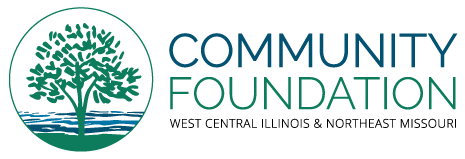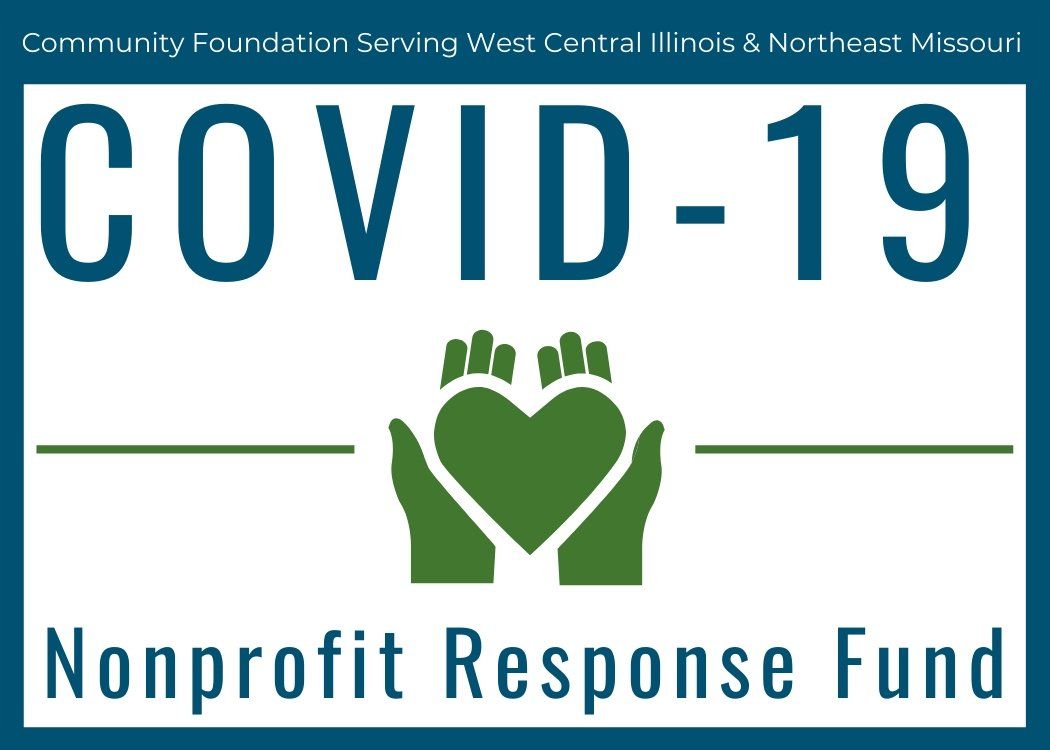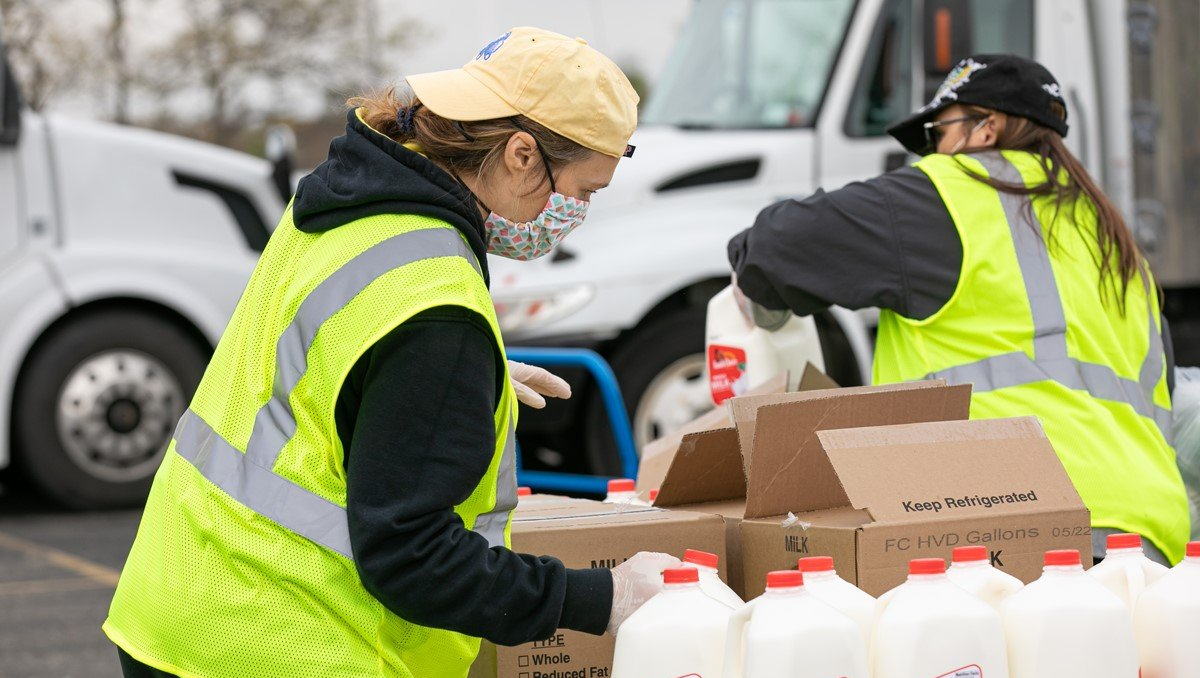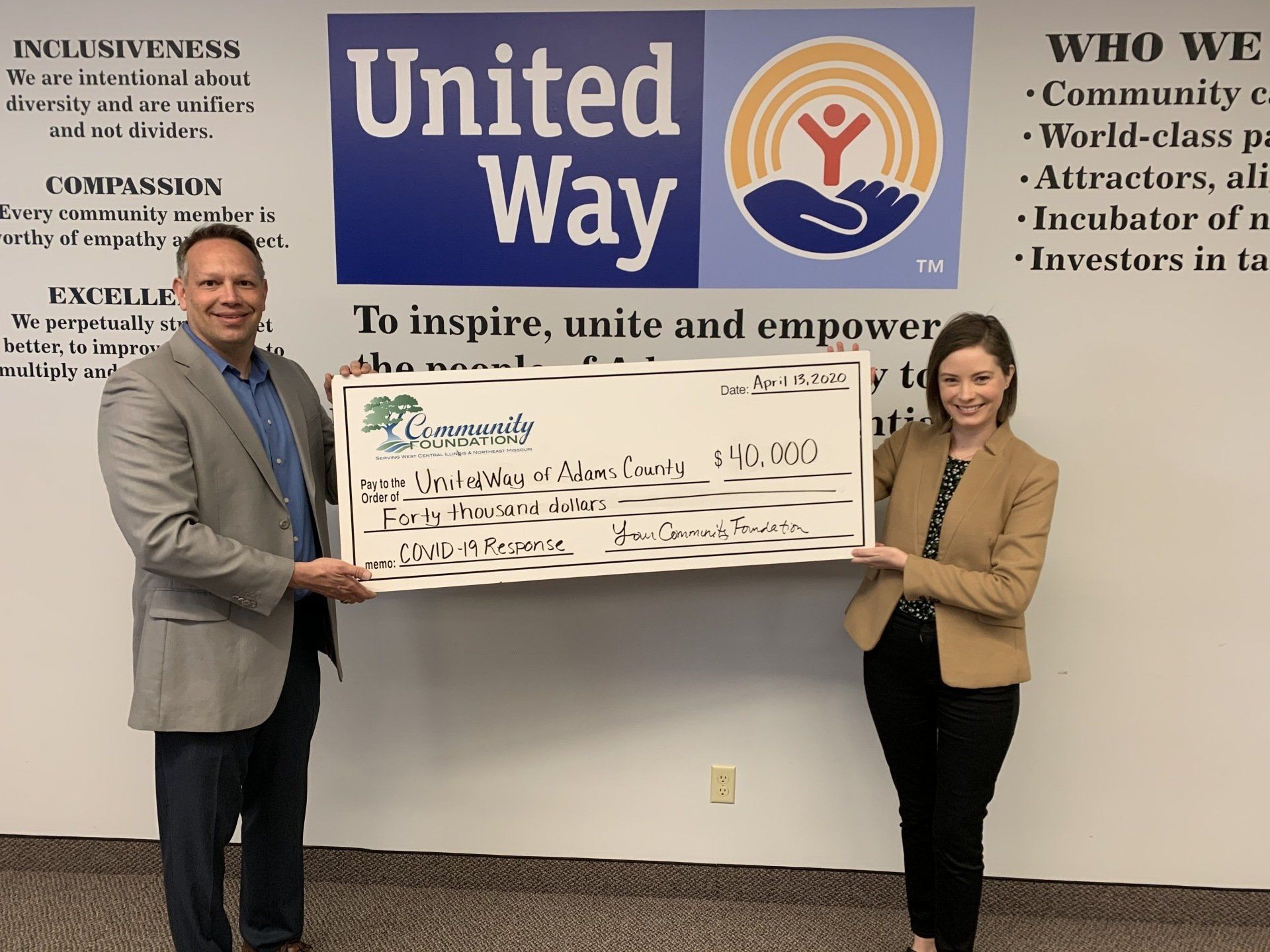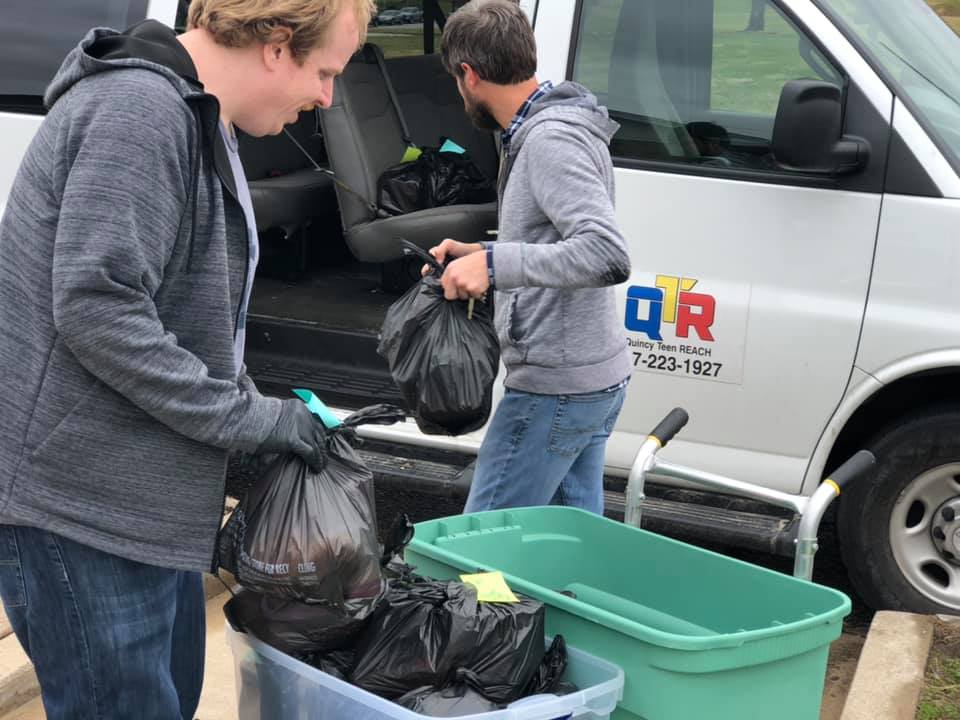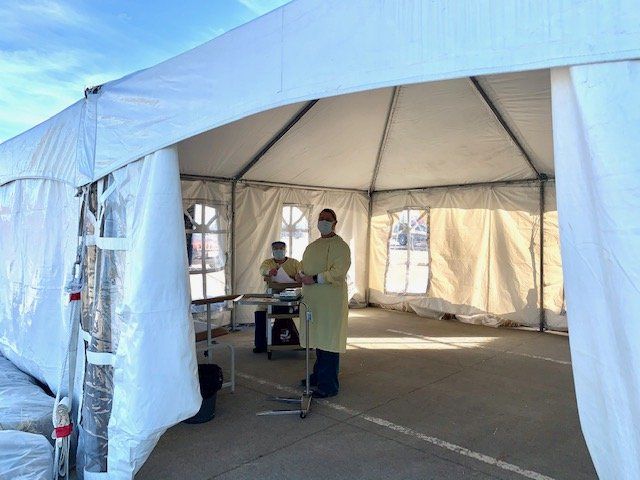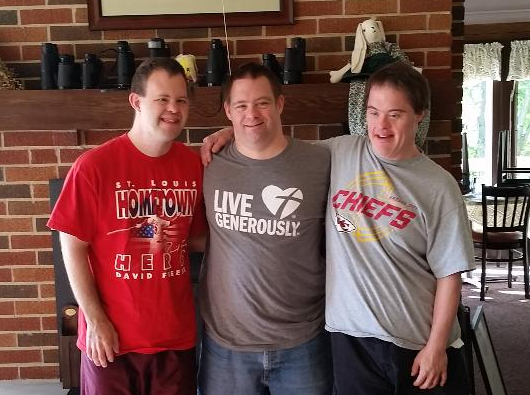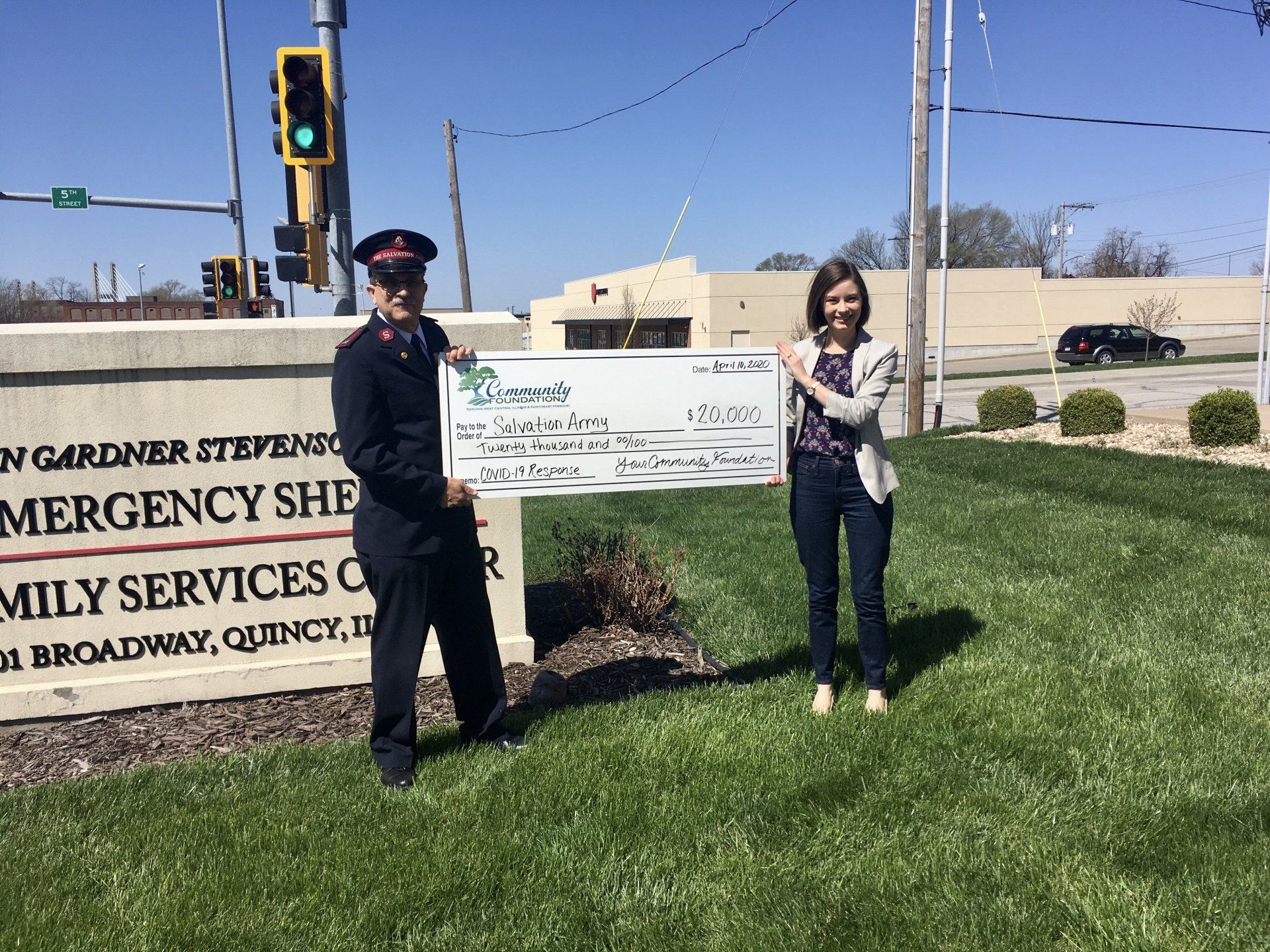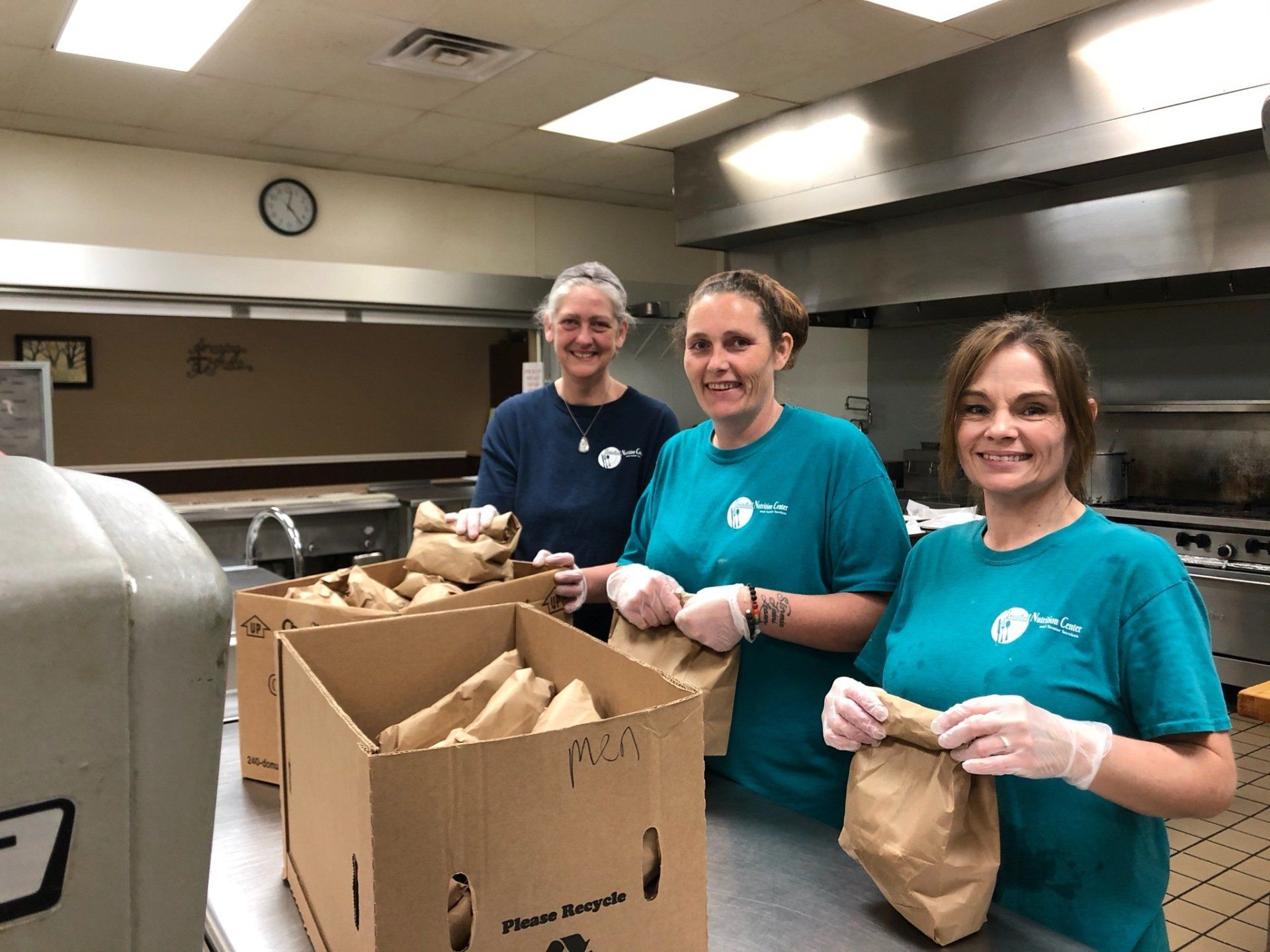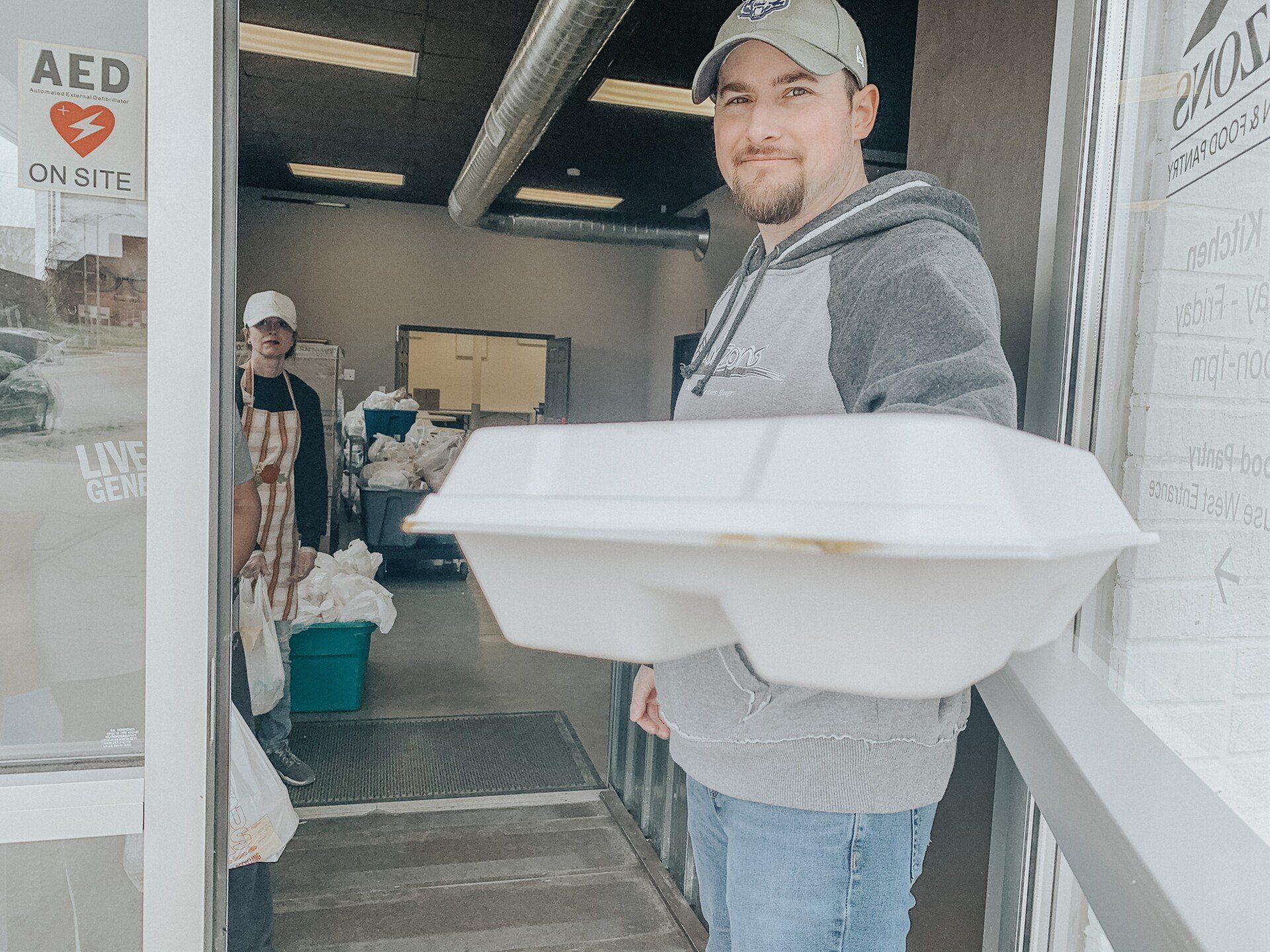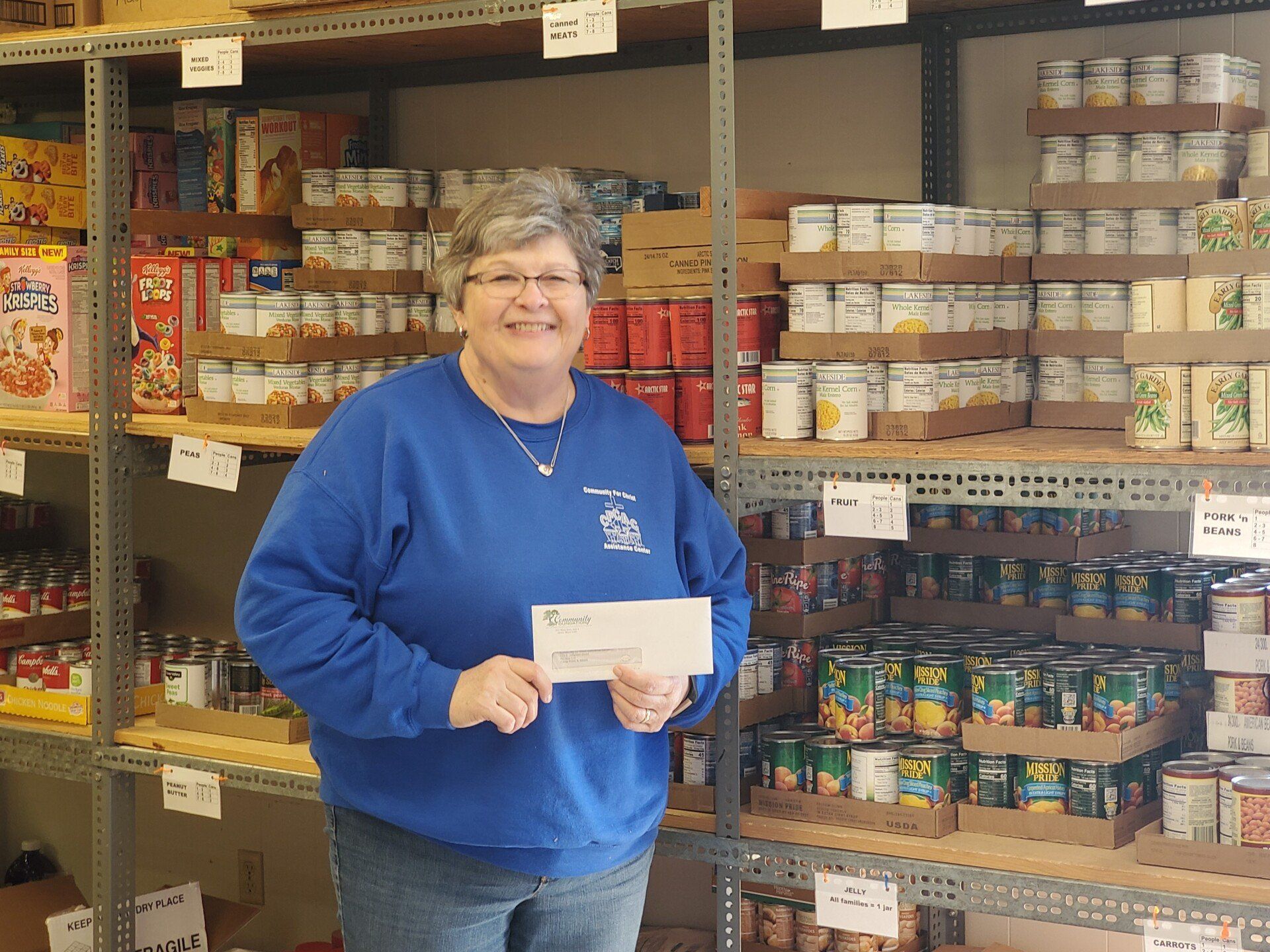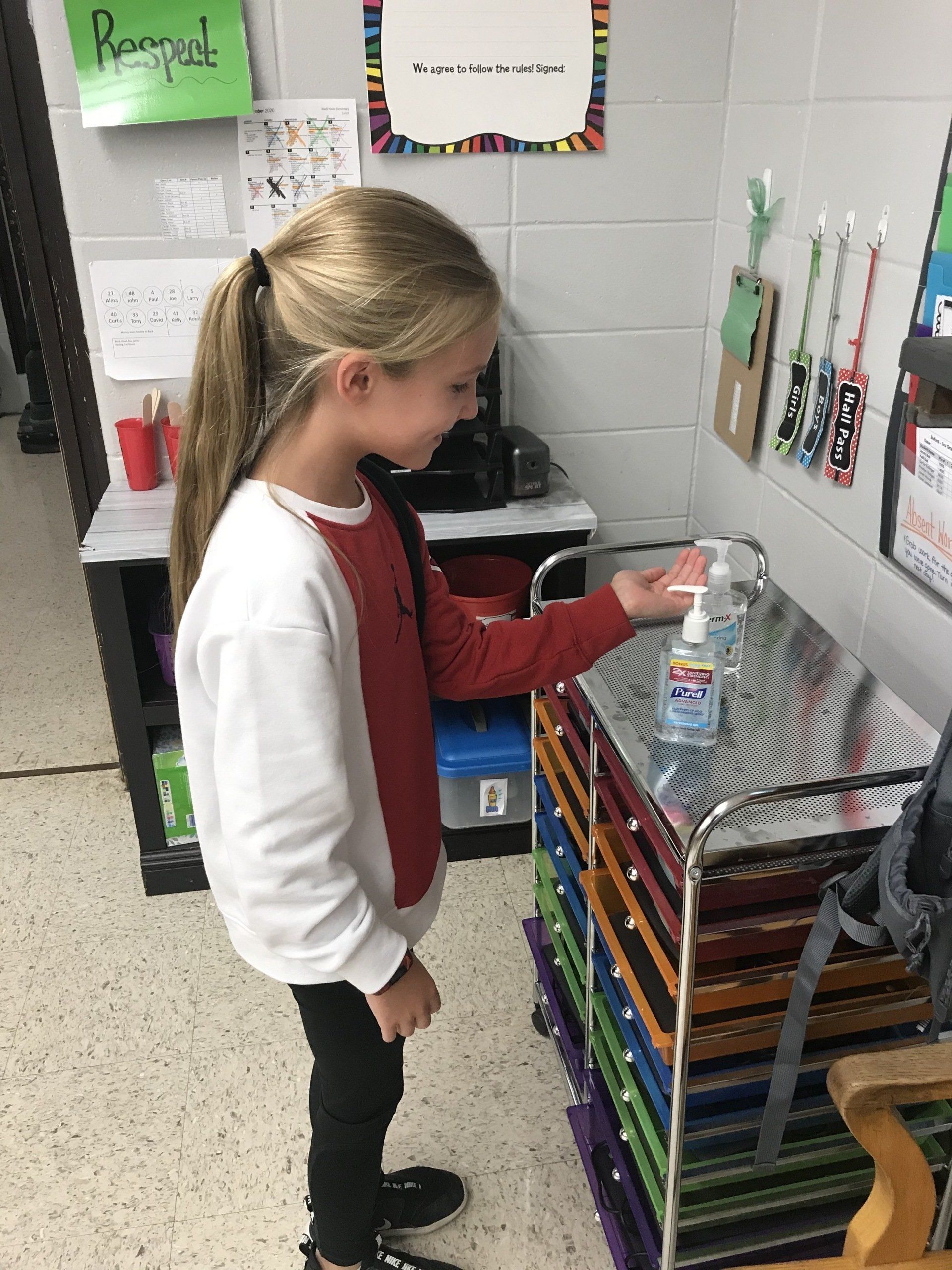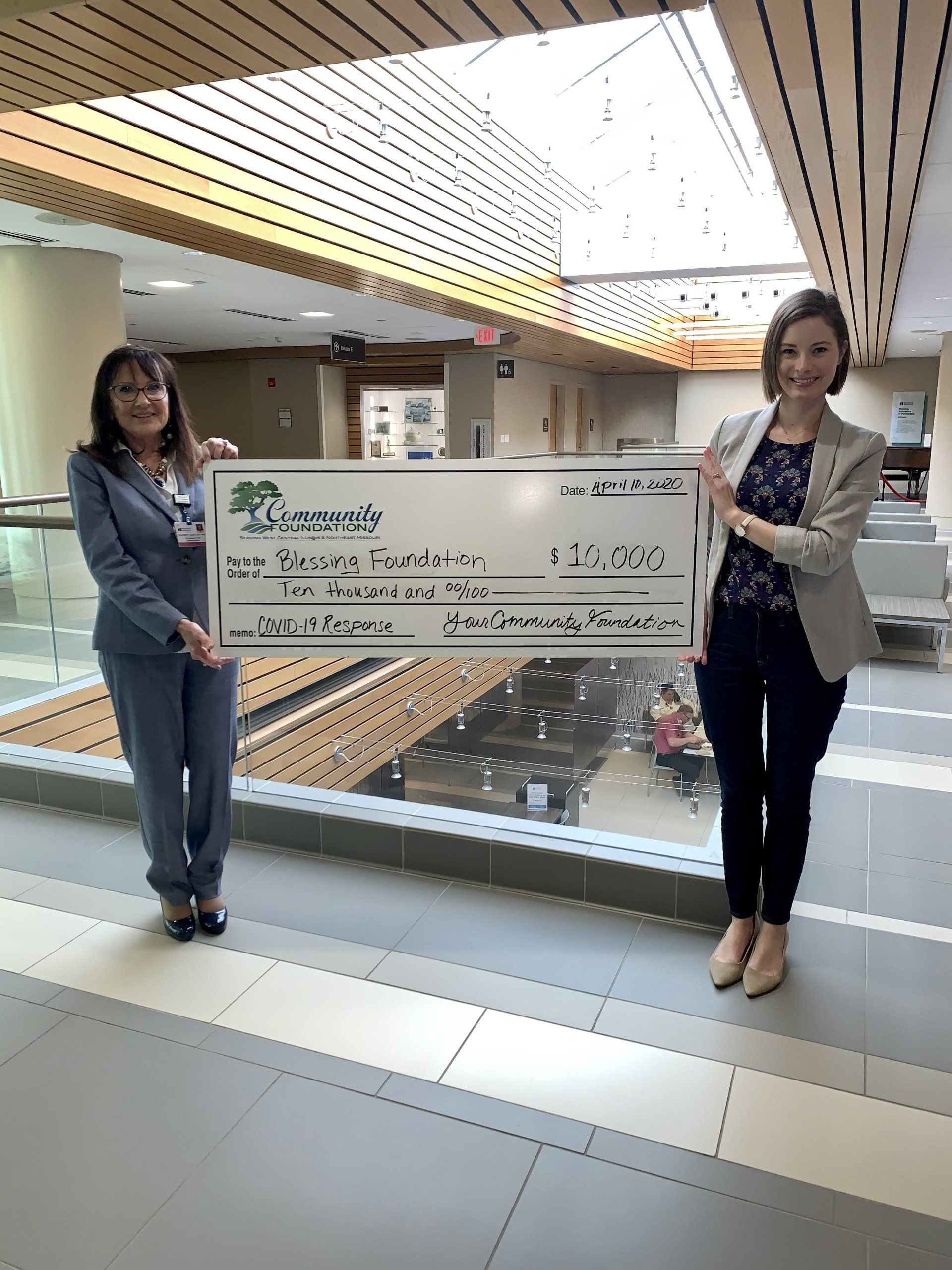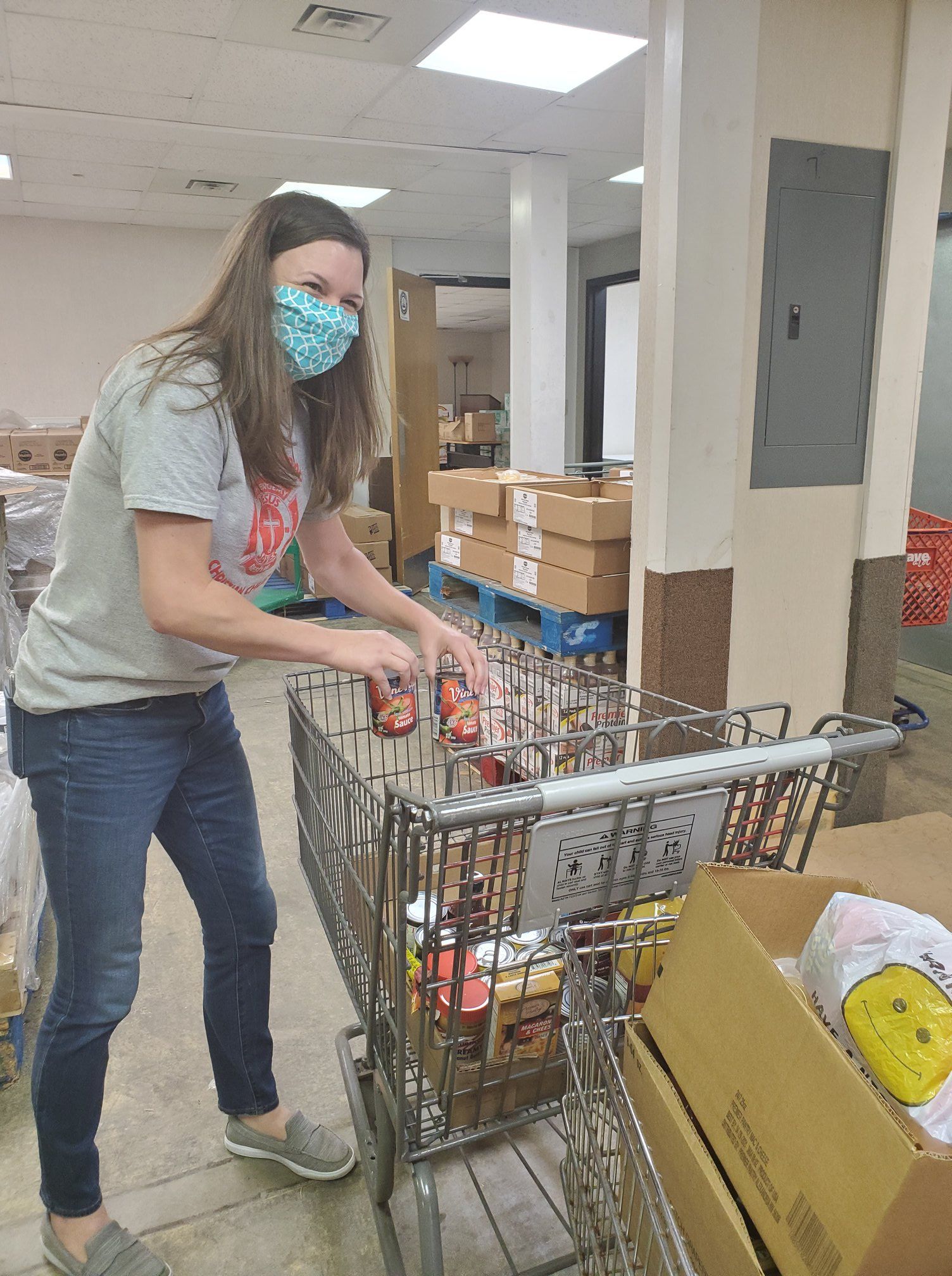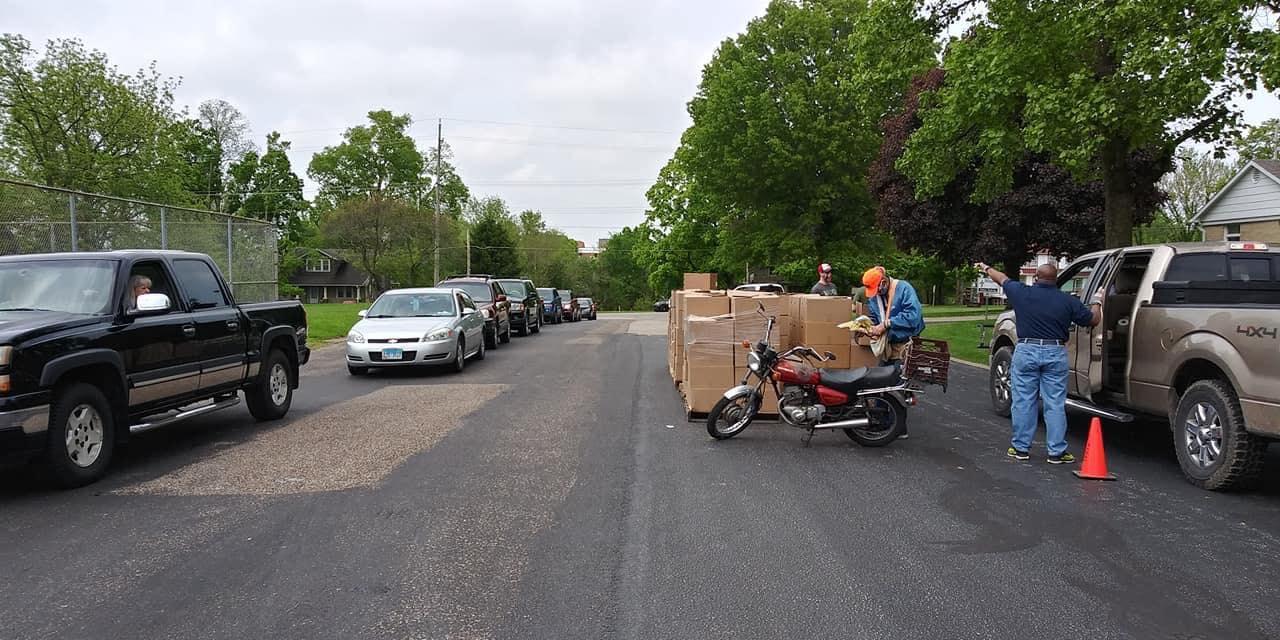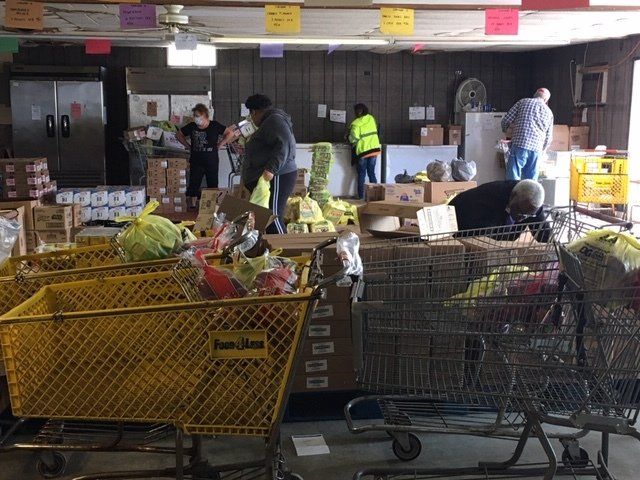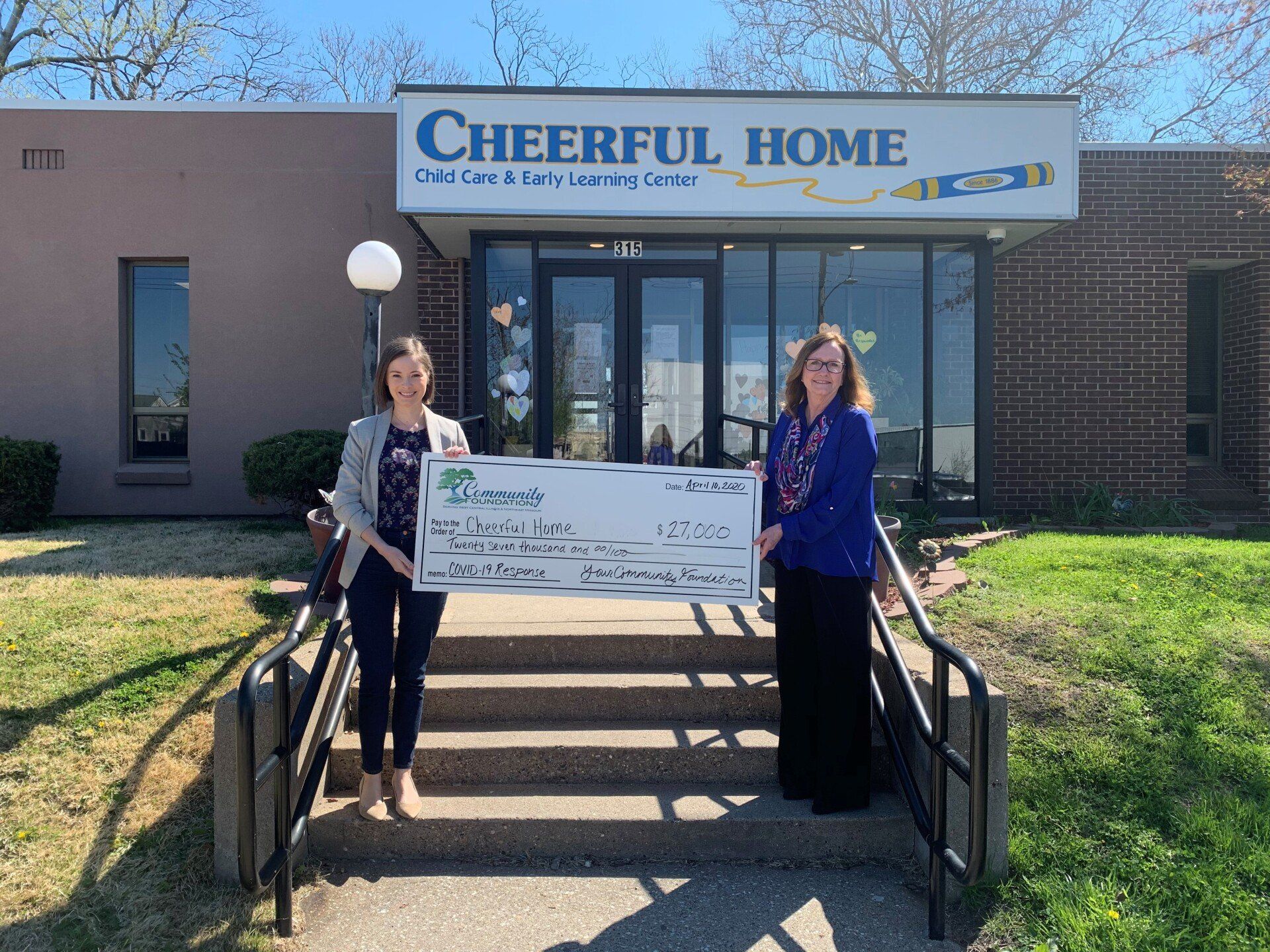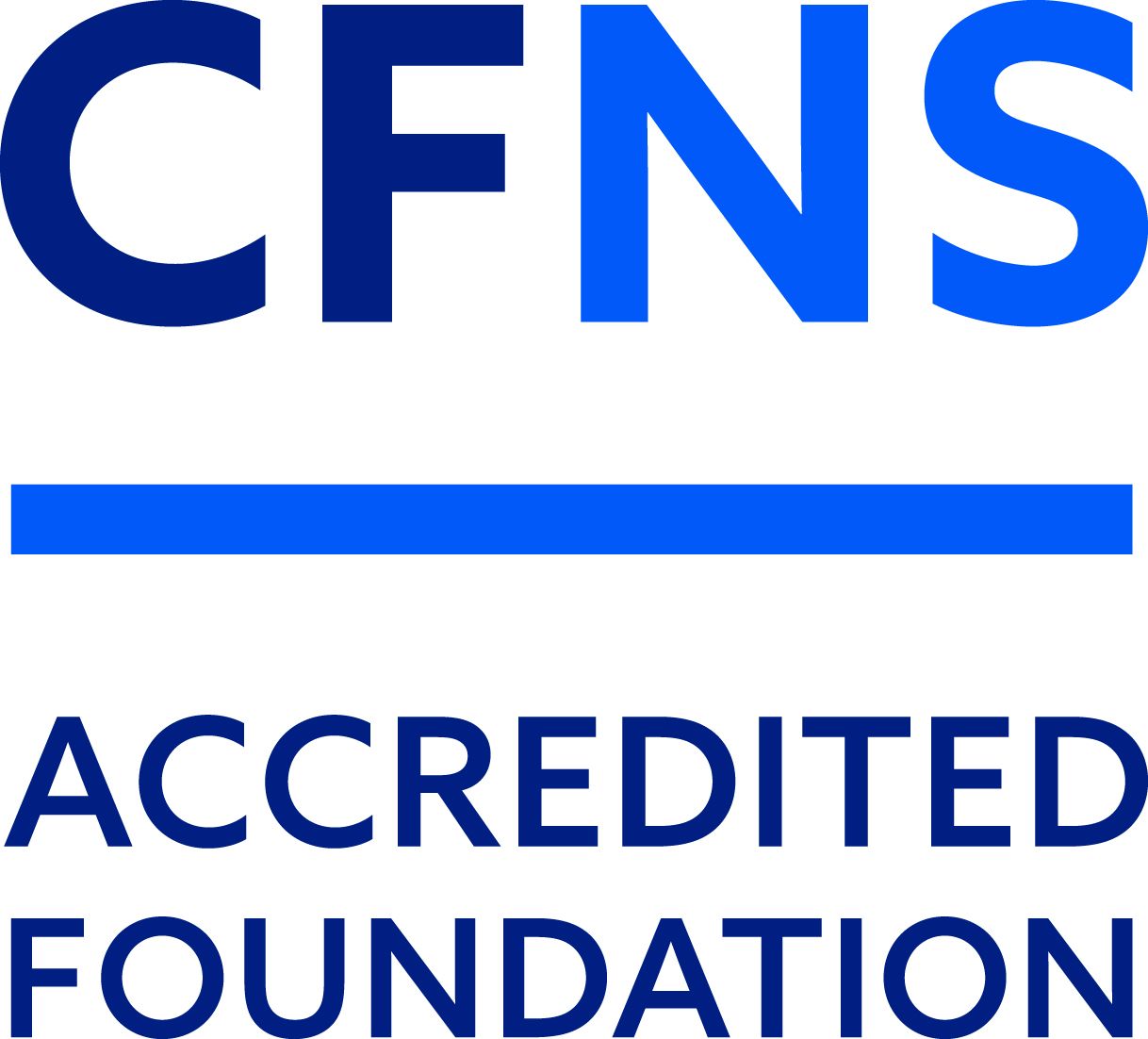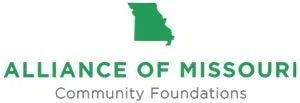COVID-19 Relief Impact
Staying Apart, Coming Together, Making a Difference
While the “new normal” may still seem out-of-focus, what’s crystal clear is that our communities’ collective actions will determine what the future of our nonprofit sector will look like.
Your Community Foundation is humbled to be able to provide financial relief through grants totaling more than $400,000 to nonprofits in all 12 counties of our service area. This total includes grants from our own COVID-19 Nonprofit Response Fund, which was established using unrestricted endowment funds and community contributions, and in partnership with the Illinois COVID-19 Relief Fund and the Arts for Illinois Relief Fund.
“Donors to unrestricted funds entrust us to impact the region’s most pressing needs and opportunities,” says Catherine Bocke Meckes, Community Foundation CEO. “This year, without a doubt, that need is relief from the challenges COVID-19 has presented.”
At a time when people were asked to physically stay apart, our communities came together to make a difference when, where, and how it was needed most.
Together, We're Here for Good, Forever
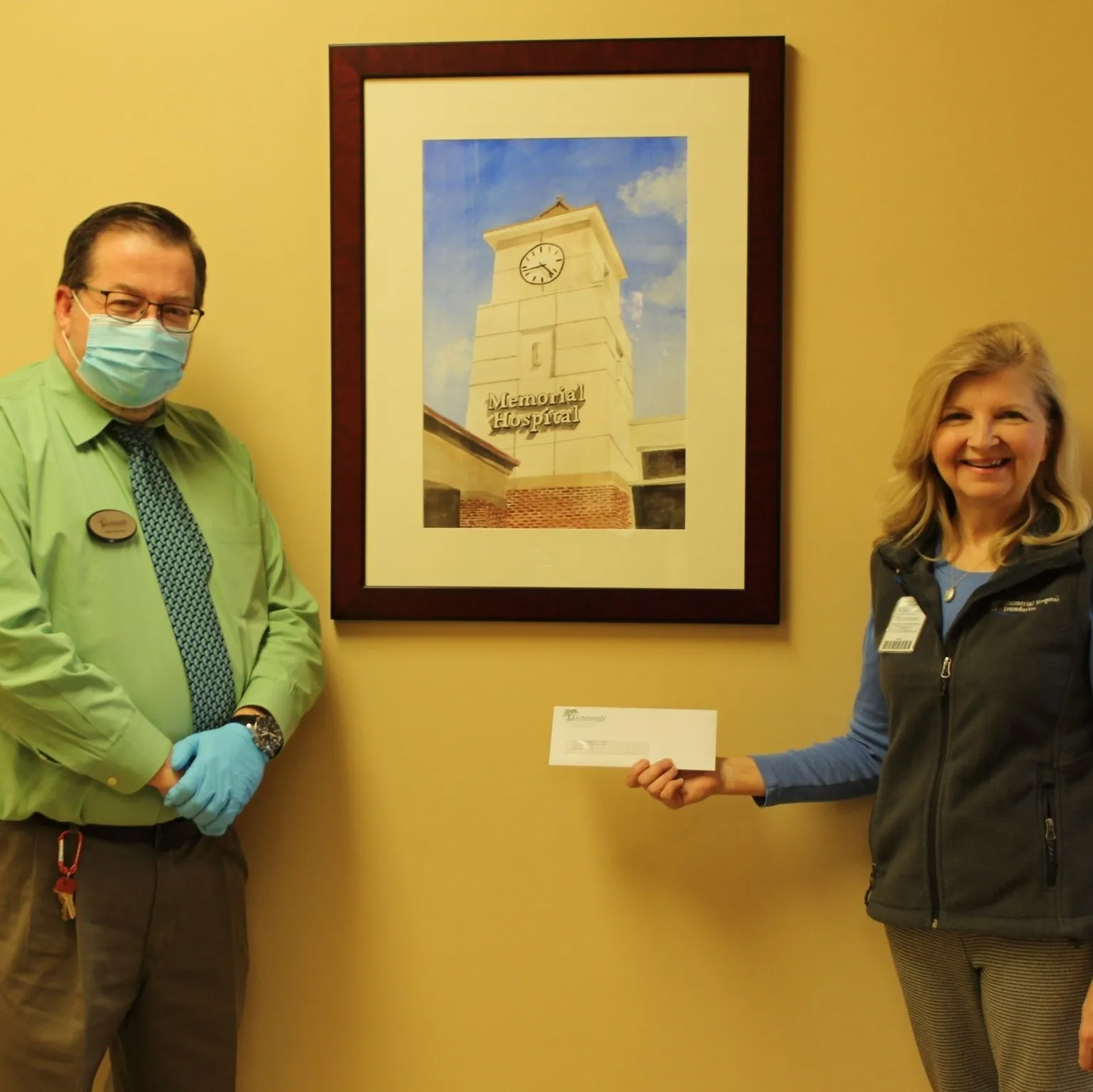
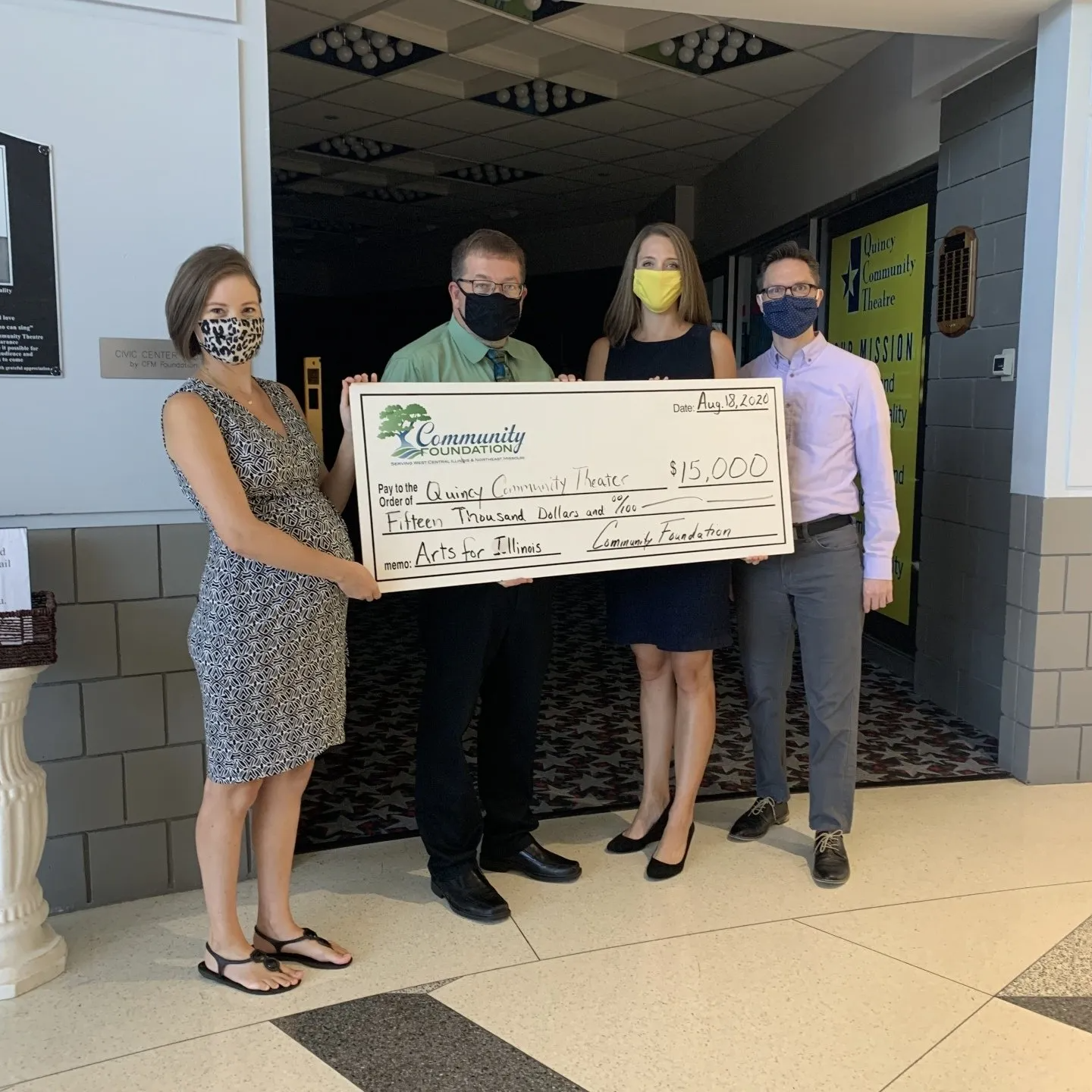
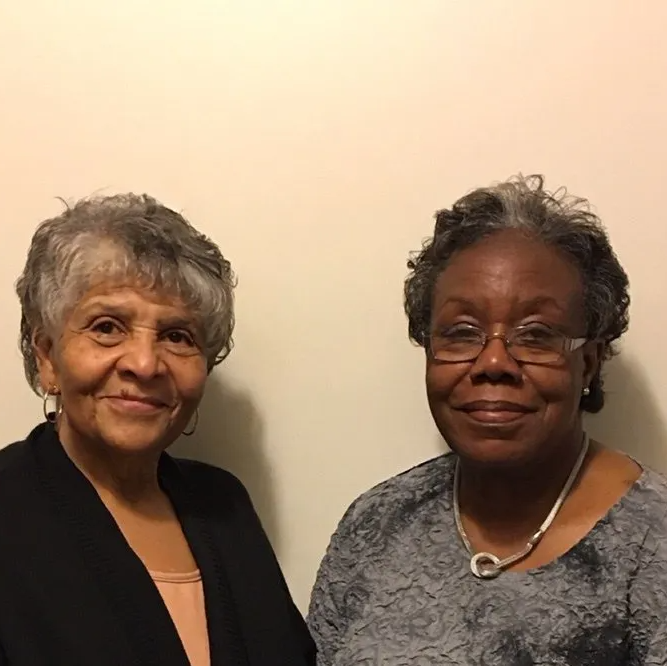
Stories of Impact Click below to read how local nonprofits responded to the COVID-19 pandemic
COVID-19 Nonprofit Response Fund
Learn More
Illinois COVID-19 Nonprofit Response Fund
Learn More
Arts for Illinois Relief Fund
Learn More
Ways to Give
From establishing a fund to contributing to an existing one, there are many ways to give back.
The Power of Endowment
We can't predict the future, but we can prepare for it. Learn how endowment can keep good growing for years to come.
